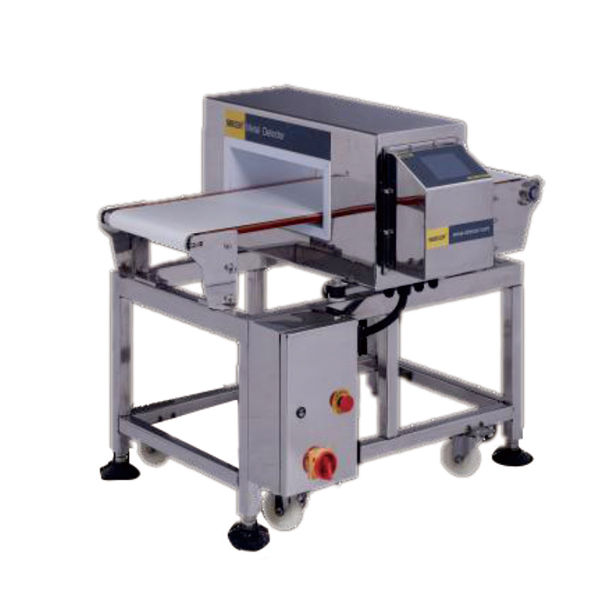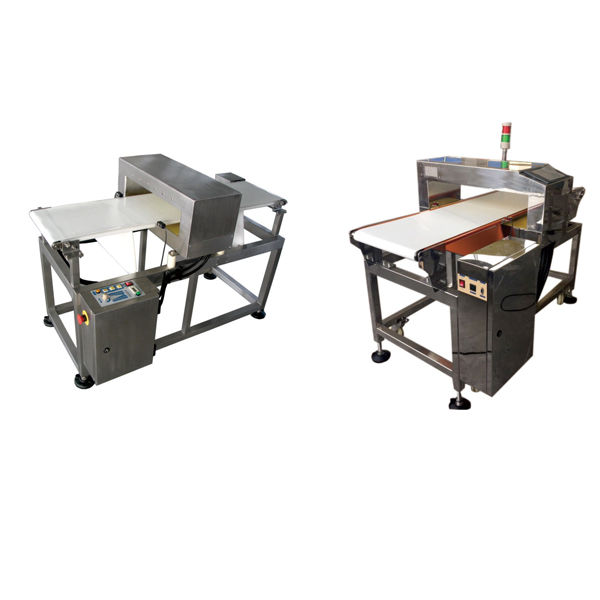
zmdl series metal detector aluminum foil packages
Applications
Ideally for detecting ferrous & stainless steel in aluminum foil packages, such as chocolate, potato chips, milk powder sausage, pickled products etc. goods.
Features
User friendly touch screen control system
Digital processing to received signal with advanced microcomputer to improve detecting accuracy.
Sensibility is freely and easily adjustable
Strong suppression of product effect of aquatic food products, frozen foods & pickled foods
Auto-detecting working status, conveniently for maintenance
All Stainless Steel Configuration and conveniently clean.
Conf...

